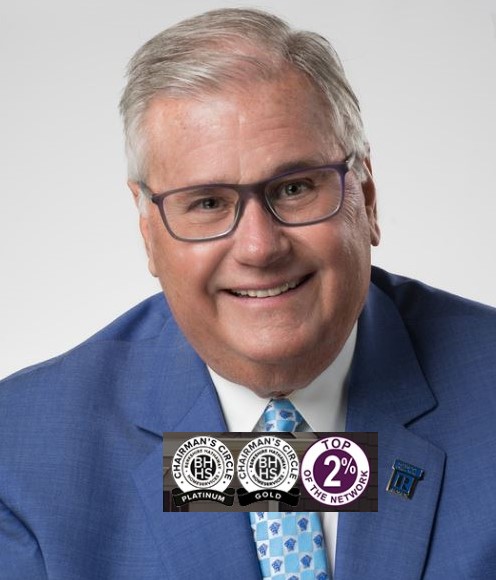Email: [email protected]

Image by mohamed Hassan from Pixabay
The last step of any home sale is the closing. This is the time when the buyer and seller sign all the documents surrounding the sale, including the documents for the buyer’s mortgage. This is when money changes hands and, in most cases, the buyer gets the keys to the home. If you’ve never attended a closing before, or it’s been a while, here’s what you can expect.
Before the closing takes place, the buyer and seller will meet at the property for a final walkthrough. This gives the buyer the chance to inspect the home to make sure nothing changed in its condition between the inspection and the closing date. Buyers will look for damage to the property or items that aren’t working properly.
The closing is the next step. Both the buyer and seller with their respective real estate agents will be there. If anyone used a real estate attorney, that attorney will attend. A closing agent will conduct the meeting, and the lender may send a representative. Finally, someone from the title company will be in attendance.
The main task that takes place at closing is the signing of documents. The buyers will go through about 50 to 100 pages of documents, many of which require a signature. Many of the documents are related to the buyer’s mortgage. The buyer will need to show proof of insurance, pay the closing costs, which are typically 2 to 5 percent of the home’s value, and fund the escrow, unless the seller offered to cover closing costs. Some of the documents relating to the mortgage that the buyer will need to sign include:
Final loan application
Mortgage agreement
Mortgage note
Loan estimate and closing disclosure
In addition to the mortgage documents, both the seller and buyer will need to sign several things, including:
The property’s deed
Bill of sale
Transfer tax declarations
At this point, any necessary payments are made, and the closing agent will write checks for the real estate agents' commissions. As long as there are no delays for funding, the keys change hands and the buyer becomes the home’s new owner.
Most closings happen without any issues, but there are some problems that can arise on that day. It’s on the closing day that the final approval of the mortgage takes place. If the lender finds something surprising, like a change in employment or credit history, they could deny the loan. Also, title problems can pop up at closing that went undetected during negotiations. Finally, problems found during the final walkthrough could lead to delays at closing.
Being well prepared for closing can help both buyers and sellers avoid these types of problems. With the right knowledge ahead of time, you can walk into closing confidently, knowing your real estate transaction will be completed in just a few hours.

Welcome to Berkshire Hathaway HomeServices
"Top 2% of BHHS Network”
"BHHS Chairman’s Circle Platinum Award
"BHHS Chairman's Circle Gold Award
"Multi-Million Dollar Producer
"Presidents Award
"Top Producer
"Top Listing Agent
"Boston Top 20"
"Rhode Island Monthly Five Star Professional"
"#1 In Units Sold"